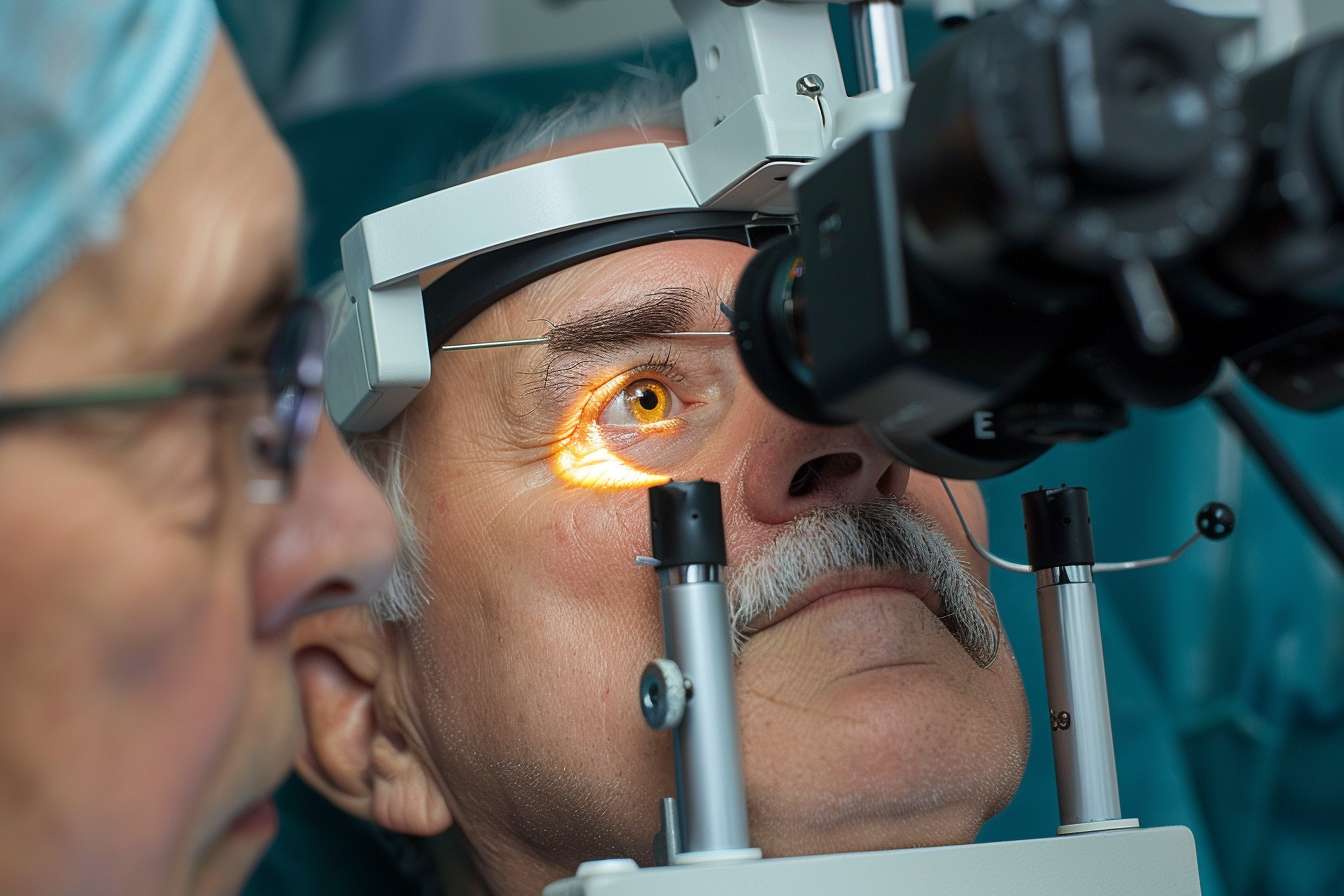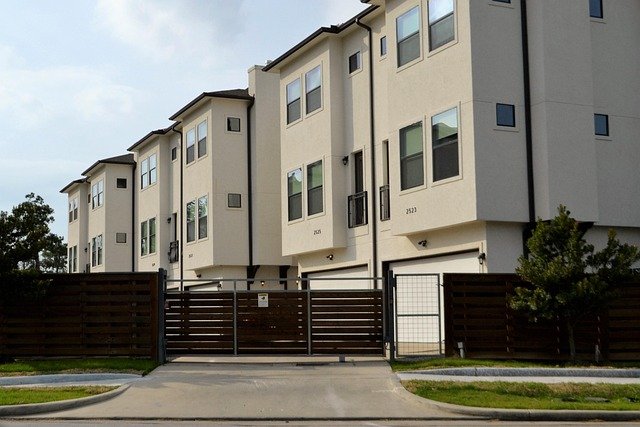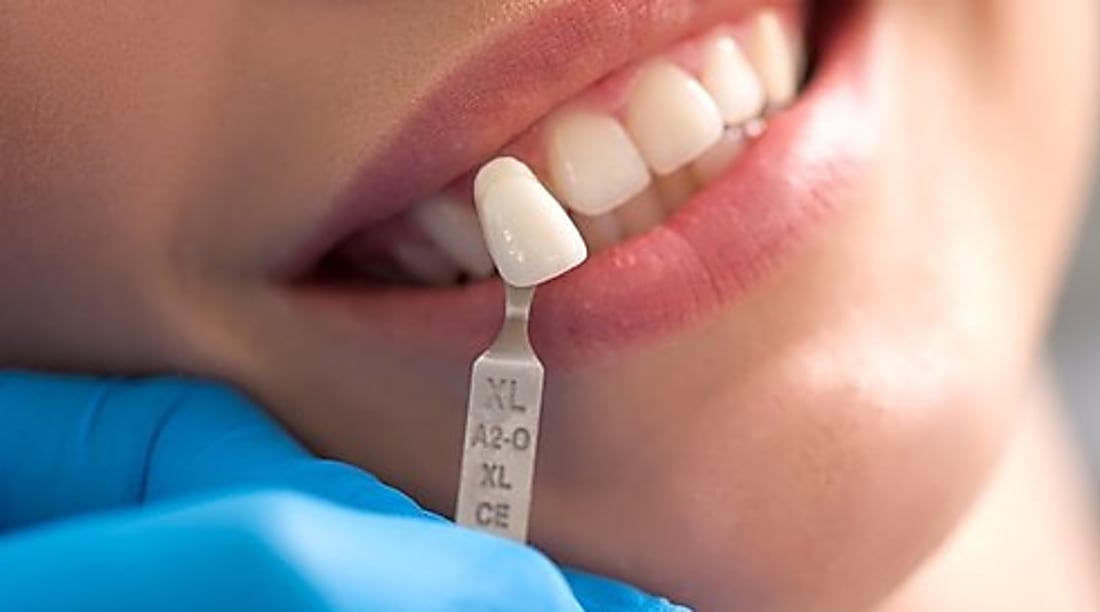What to Expect: Pricing And Options for Cataract Surgery in UK For 2025
Cataract surgery remains one of the most common and successful procedures performed in the United Kingdom, with technological advancements continually improving outcomes and patient experiences. As we look ahead to 2025, patients can expect refined surgical techniques, expanded NHS offerings, and private options with varying costs and features. Understanding the landscape of cataract surgery in the UK helps patients make informed decisions about their eye health and prepare financially for this sight-restoring procedure.

Understanding Cataract Surgery in the UK 2025
Cataract surgery in the UK is projected to see significant developments by 2025, with the NHS and private sector both adapting to meet increasing demand. The procedure itself involves removing the clouded natural lens and replacing it with an artificial intraocular lens (IOL). The traditional phacoemulsification technique—using ultrasound energy to break up the cataract—will likely remain the standard approach, though laser-assisted methods continue gaining traction.
The NHS is expected to further streamline its cataract surgery pathways by 2025, potentially reducing waiting times through increased day-case procedures and community-based follow-ups. Meanwhile, private providers will likely continue expanding premium options with advanced technology lenses and minimally invasive techniques that promise faster recovery times and enhanced visual outcomes.
NHS vs Private Cataract Surgery Options
When considering cataract surgery in the UK for 2025, patients typically choose between NHS treatment and private care. NHS cataract surgery provides standard monofocal lenses that correct vision at one distance (usually distance vision), meaning reading glasses are typically still required afterward. NHS care follows strict eligibility criteria based on visual impairment levels, which may result in waiting times of several months depending on regional capacity.
Private cataract surgery offers greater flexibility regarding appointment scheduling, surgeon selection, and lens options. Private patients can access premium multifocal or toric lenses that address astigmatism or provide vision at multiple distances, potentially reducing dependency on glasses after surgery. Additionally, private clinics often offer more comprehensive pre-operative assessments and post-operative care packages tailored to individual needs.
Cataract Surgery Prices in UK for 2025
Pricing for cataract surgery in the UK varies significantly between NHS and private options, with further variations based on lens type and surgical approach. While NHS treatment remains free at the point of use for eligible patients, private costs reflect the technology, facilities, and additional services provided.
For 2025, private cataract surgery prices are expected to range from approximately £2,500 to £4,000 per eye for standard procedures. Premium options incorporating advanced technology lenses or laser-assisted techniques may command higher fees between £3,500 and £5,500 per eye. Many providers offer package deals for treating both eyes, typically with a 10-15% discount compared to individual procedures.
Several factors influence final costs, including geographic location (London-based clinics generally charge 15-30% more than regional providers), surgeon experience, aftercare provisions, and the specific technology employed during surgery.
Advanced Lens Technologies and Surgical Techniques
By 2025, UK patients will have access to increasingly sophisticated lens technologies. Beyond basic monofocal lenses, options will include:
-
Toric lenses for correcting astigmatism
-
Multifocal lenses providing vision at multiple distances
-
Extended depth of focus (EDOF) lenses offering enhanced intermediate vision
-
Light-adjustable lenses that can be fine-tuned after implantation
Surgical techniques will continue evolving, with femtosecond laser-assisted cataract surgery (FLACS) offering bladeless precision for certain steps of the procedure. Minimally invasive approaches using smaller incisions are expected to become more widespread, potentially reducing recovery time and improving outcomes for complex cases.
Digital imaging and measurement technologies will enhance pre-operative planning, allowing for more personalized surgical approaches and better prediction of visual outcomes—particularly important for premium lens implantation.
Comparison of UK Cataract Surgery Providers for 2025
Below is a comparison of major UK cataract surgery providers anticipated for 2025:
| Provider | Basic Package (per eye) | Premium Package (per eye) | Special Features |
|---|---|---|---|
| Optical Express | £2,495 | £3,995 | Multifocal lens options, free consultations |
| Optegra | £2,795 | £4,195 | Bladeless laser technology, lifetime aftercare pledge |
| Moorfields Private | £3,095 | £4,595 | World-renowned surgeons, complex case specialization |
| SpaMedica | £2,345 | £3,745 | Nationwide centers, comprehensive aftercare |
| Nuffield Health | £2,895 | £4,295 | Hospital-based surgery, interest-free finance options |
Prices, rates, or cost estimates mentioned in this article are based on the latest available information but may change over time. Independent research is advised before making financial decisions.
Recovery and Outcomes from Cataract Surgery
Recovery from cataract surgery in 2025 will remain relatively quick for most patients, with initial visual improvement often noticeable within days of the procedure. Complete healing typically takes 4-6 weeks, during which patients follow prescribed eye drop regimens and attend follow-up appointments.
Success rates for cataract surgery are expected to remain high, with approximately 95% of patients experiencing significant visual improvement without complications. Advanced technologies may further reduce the already low risk of serious complications (under 1%). However, patients should maintain realistic expectations—particularly regarding premium lens outcomes, as some may still require glasses for certain tasks depending on their unique eye characteristics and chosen lens type.
The NHS and private providers will likely continue refining post-operative care pathways, with telehealth options potentially playing a larger role in routine follow-ups for uncomplicated cases, making the recovery process more convenient for patients across the UK.
This article is for informational purposes only and should not be considered medical advice. Please consult a qualified healthcare professional for personalized guidance and treatment.




